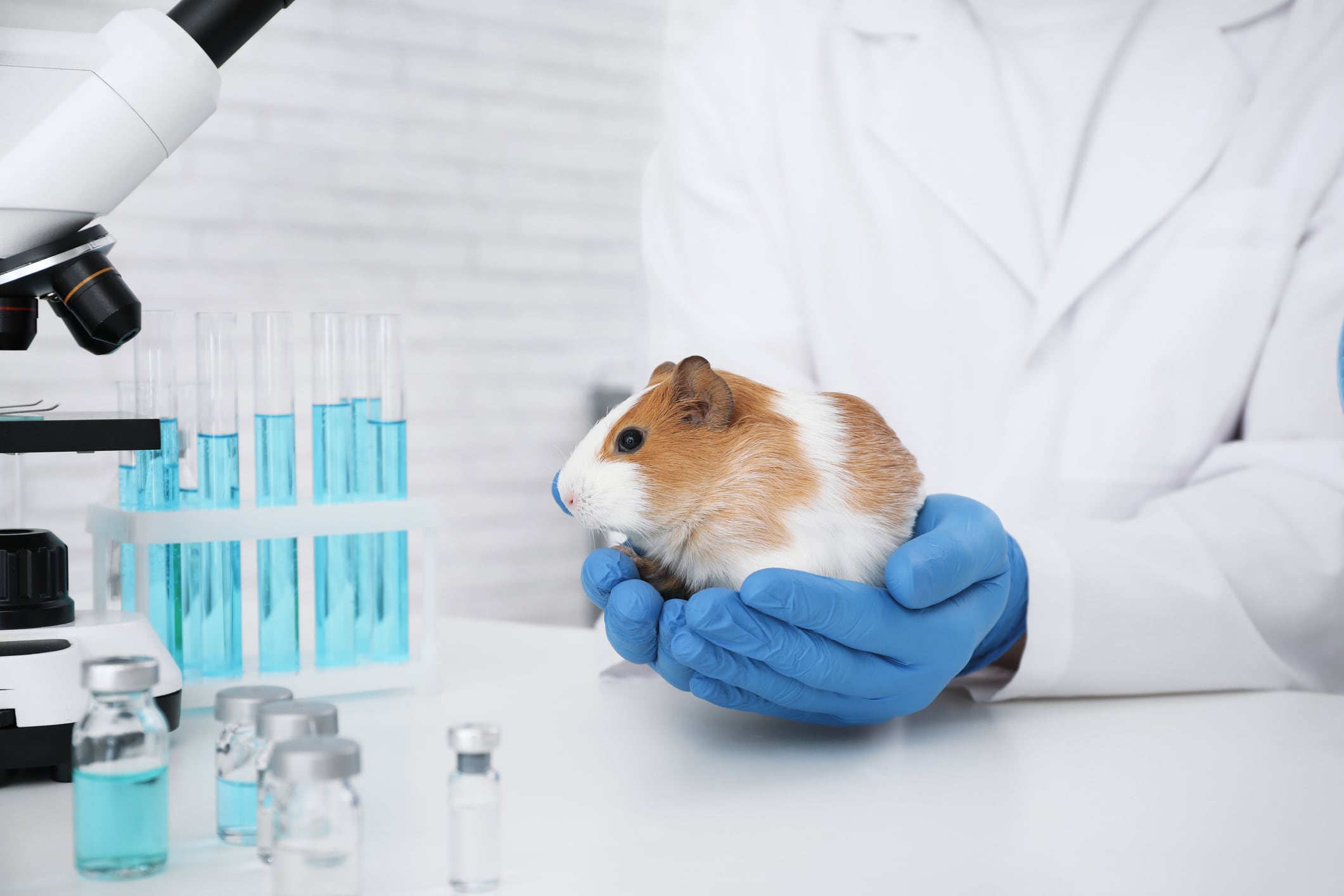What? The government has announced two data calls for suspected endocrine disruptors and cosmetics nanomaterials.
Where? The UK
The UK Office for Product Safety and Standards (OPSS) has announced two data calls on suspected endocrine disruptors and cosmetics nanomaterials.
The OPSS is inviting manufacturers, consumer associations and academia to share any relevant scientific information to the safety assessment of several nanomaterials or surface functionalised variants, alloys or other related variants in cosmetics.
These include nano-form platinum, copper, silver, colloidal silver, gold, colloidal gold, gold thioethylamino hyaluronic acid, silica, hydrated silica, silica silylate, silica dimethyl silylate, lithium magnesium sodium silicate and hydroxyapatite.
The deadline for information on nano-form silica, hydrated silica, silica silylate, silica dimethyl silylate is 27 June 2025, while all other substances have a deadline of 22 December 2023.
For endocrine disruptors, the list of chemicals of interest includes triclosan, triclocarban, 4-methylbenzylidene camphor, salicylic acid, butylparaben and methylparaben, with a 15 December 2023 deadline for submission.
Affected parties will need to submit (by email) any original study reports and literature in full for all data relied upon in the safety assessment.
What? Plans to completely phase out animal testing
Where? European Union countries
The European Commission has introduced a new roadmap to protect and strengthen the cosmetics animal testing ban after it was presented with the European Citizens' Initiative (ECI) ‘Save Cruelty-free Cosmetics’ back in January.
It has proposed to initiate research, education and training to accelerate the reduction of animal testing and will potentially coordinate with Member States and national authorities in this field, to offer exploratory workshops and new training initiatives for early-career scientists.
Testing on animals for the purpose of cosmetic ingredients has been banned in the EU since March 2009, but this law doesn’t extend to the safety tests that are required to meet the requirements of the EU’s REACH chemicals regulation, which is centred around chemical risks to workers and the environment.
The contradictions between these two pieces of legislation are currently being assessed in two cases before the Court of Justice of the European Union.
What? New limitations to Annex V of the EU Cosmetics Regulation for preservatives triclocarban and triclosan
Where? European Union countries
Triclocarban will only be allowed in cosmetic products (except for mouthwash) up to a maximum concentration of 0.2%. Triclosan will be banned in mouthwash. Toothpaste with triclocarban or triclosan will have to bear the warning ‘not to be used for children under six years of age’ on the packaging.
The new rules are expected to be enforced by the end of 2023 and from the date of enforcement, there will be an eight-month period for new products placed on the market to company and a 17-month period for existing products on the market.
What? A potential ban on CBD in cosmetics
Where? France
The European Chemicals Agency (ECHA) published France’s intention to introduce a harmonised classification and labelling (CLH) for Cannabidiol, due to potential reproductive toxicity. If completed, this may mean CBD can no longer be used in cosmetics.
CBD was also the subject of a European Commission (EC) data call in June. The EC is preparing a mandate for the Scientific Committee on Consumer Safety (SCCS) to assess the safety of CBD at a hearing, taking into account any unintentional yet potential traces of Tetrahydrocannabinol (THC) within CBD products.
What? New rules on global deforestation
Where? The European Union
The EU Deforestation Regulation (EUDR) entered into force in late June and requires EU companies to ensure that certain products they sell in the EU or export from the EU are not connected to deforestation.
The new regulation aims to make EU companies accountable for the environmental impact of their supply chains and outlines rules for products made with cocoa, coffee, palm oil, rubber, soya and wood.
It prohibits the sale of these commodities and products within or outside the EU market unless companiecan verify that three conditions are satisfied:
- The products do not come from land that has been subject to deforestation after 31 December 2020;
- The products have been produced following the laws of the country where they were made; and
- The products are covered by a due diligence statement.
Companies must also follow a three-step due diligence process before selling relevant products on the EU market or exporting them:
- Collecting information, documents and data to demonstrate that the relevant products comply with the three conditions stated above;
- Conducting a risk assessment;
- Adopting measures to mitigate the risk, such as gathering additional information, conducting independent surveys and audits, or supporting suppliers through capacity building or investments.
Then they must submit a due diligence statement to the authorities through an information system to be established by the EU Commission.
What? Amendments to IFRA fragrance standards
Where? European Union countries
The International Fragrance Association (IFRA) announced the 51st Amendment to the Standards in late June, updating and reinforcing its safe-use program.
IFRA Standards promote the safe and sustainable use of fragrances in consumer products and are the product of peer-reviewed research and safety analysis.
The 51st Amendment introduces 47 new Standards, which set restrictions on the use of fragrance ingredients and specification for the use of one ingredient. It also revised existing Standards for 11 fragrance ingredients and had to prohibit the use of one fragrance ingredient – as safe use levels could not be established. With the 51st Amendment, it now has 263 Standards.
There has also been an important change regarding the implementation timelines for restrictions. The timeline was shortened for new creations to nine months to 30 March 2024, and extended to 28 months to 30 October 2025 for existing creations.
What? The extended producer responsibility (EPR) requirements for packaging has been delayed
Where? The UK
The UK government has deferred the EPR for packaging by one year until October 2025.
The statement said: “This update reflects that, and also explains that other timescales have not changed – producers still have to report packaging data for 2023.”
Many industry leaders were disappointed and surprised by the move, as the initiative had been discussed for the past five years and had endured two rounds of formal consultations.
And internationally...
There have also been recent updates to regulations in China and North America that will potentially affect companies trading in these locations.





